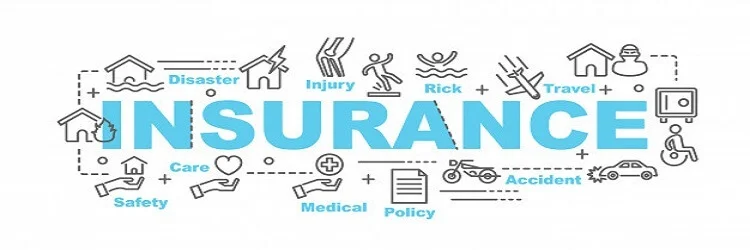Insurance companies who opt for streamlined processes, well-organized work culture, and goal-driven activities tend to generate trust for the customers and on-time settlements. This ultimately results in satisfied customers and increased profits. Every claim processed is unique in its own way, although they can be standardized and categorized easily. Let’s see how we can improve the insurance claim process with a strategic approach, technology, and more.
SWOT Analysis: Every organization operates in its own way and each claim is processed differently. However, if we understand the strengths, weaknesses, opportunities, and threats, we can standardize the insurance claim process. Identifying strengths and utilizing them effectively can result in time & cost optimization. If we look at opportunities where we can increase revenue or reduce the cost, you might be surprised at the results. Analysis of weaknesses gives us an understanding of where we are lacking in optimization. Managing weaknesses periodically results in increasing strengths.
To an insurance company, strengths could be manpower, infrastructure, etc. Weaknesses could be the consumption of time in regards to documentation as well as activities that consume manpower in a non-essential, repetitive way. The opportunity could be an acquisition of trained resources. Threats could be miscalculations or piles of undone work. These are just examples.
Identify Factors Affecting To Insurance Claim Process:
Technology & Customer Services:
Technology is changing daily, simultaneously affecting all industries and bringing a drastic change in the operation’s methods Insurance claim processing is also affected by various factors, like handling large quantities of data, adequate customer management solutions, risk calculation, etc.
To stay competitive, firms must cope with increasing consumer demand for instant customer services. Maintaining a customer-centric approach is key in this line of work.
Data Analysis & Correlation with Business:
While processing claims, we have to deal with large amounts of data. Insurance claim management requires a robust system that can handle multiple layers of data simultaneously, and lessen the workload of employees. The software used should be able to produce high-quality data, which can correlate with business decisions.
There should be continuous optimization of the process, resulting in overall improvement.
Adherence to Compliance & Regulation:
Insurance claims always revolve around compliance with terms & conditions. Before releasing a claim, you have to check all the aspects related to regulations & tax implications. Efficient manpower, sticking to guidelines and appropriate use of technology will lead to faster insurance claim processing. An insurance claim has to be transparent so that there won’t be any confusion when generating the compliance report.
User-Friendly Platforms:
Having user-friendly platforms not only ensures the quality of customer services but also increases user engagement. Having easy-to-operate mobile applications and data-sharing mediums ensures prompt updates about claims. Users tend to interact with mobile phones & tablets more than laptop & desktop computers, so it’s important to have mobile-friendly applications.
To summarize, if you have a customer-centric approach, good technological support, and practice process optimization, then it’s likely that you will save money and improve your top lines. You can outsource the repetitive tasks, reducing the turnaround time to process a claim.
Rely Services is a leading BPO Company capable of handling your repetitive tasks in insurance claim processing. We are a firm that helps our clients increase their revenue and manage their claim settlement process. We’ve been in this business for the past 18 years working with well-known clients. You can reach us at info@relyservices.com or you can call us at 847-310-8750.

certified public adjusters
Feb 21, 2025 05:25:26 amThank you for this wonderful content. I have been having problems with my claims for my house and this really helped.